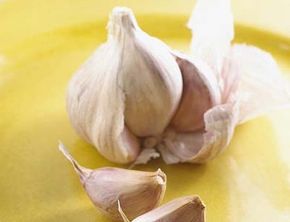If you've ever had one, chances are, you know how vaginal yeast infections begin -- they are characterized by intense itching and soreness accompanied by a thick white discharge.
These uncomfortable symptoms are most often caused by a fungus called Candida albicans. This organism thrives in moist, warm areas, making the vagina a perfect home for it. Normally other microorganisms keep Candida in check, but when this yeast grows profusely it causes a yeast infection.
Advertisement
Yeast infections can be uncomfortable, but there are many herbal remedies that use very simple components that can help relieve and ease their symptoms. In addition, there are some things to note during a yeast infection -- such as cutting down on fruit -- that may help you be more comfortable during its duration.
